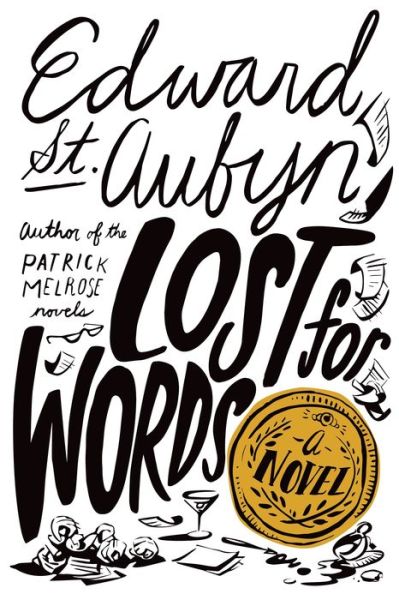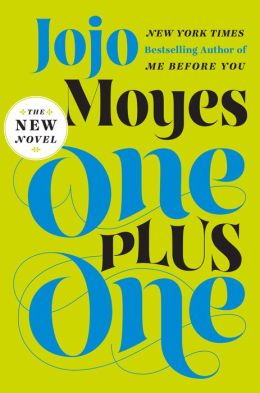
Ever since Don and I biked through Provence, several years and stronger knees ago, I've been a sucker for a field of lavender. Mix that field in France with a love story and I'm all in. Sussman's novel deals with middle-aged love, finding the right person at the right time in one's life, a phenomenon which happens more often than we believe, especially in the retirement havens of Florida.
But she also delves into love's intricacies, the idea of settling for comfortable rather than for the grand passion. Love for family, the complications that familial ties can arouse in a relatively new relationship, and long-time love, that survives through gracious acts of forgiveness, are all brought to the fore over one weekend at an inn in Cassis.
Olivia and Brody are taking the plunge, their best friends are hosting the wedding at their Provencal bed and breakfast, and Olivia's unhappily single daughters from her first marriage are working through their own strained relationship. In the course of a single weekend, bonds are forged and broken, past secrets are revealed, and love, in all of its iterations, conquers all.

Leaving France with a sigh, I moved on to the witty, spiteful world of literary awards in Edward St. Aubyn's "Lost for Words." All I can say is OUCH! Even I, no expert on British writers and their judges, could easily recognize some of the real-life people St. Aubyn was satirizing in this clever, though not angry, expose of the Man Booker Awards, fictionally called the Elysian Awards, a shout out to the mega-corporation that owns and televises the annual festivities.
St. Aubyn exposes what I too believe is a flaw in the plethora of prizes for literature that exist in various countries. True, it's edifying to see books touted and writers presented with much needed monetary awards with which to continue their work, but.....there's also a false note to many of the awards.
Do judges deliberately choose novels that are simply unreadable because they don't want to be seen as not understanding what the writer is saying? Do the judges haggle ahead of time, pushing for their own favorite at the expense of the quality of the writing?
Literature lovers will laugh out loud and nod in recognition at the posturing critics as they fawn over an accidental entry for the Elysian Award in fiction, "The Palace Cookbook," which is, in fact, just a collection of recipes linked with prose reminiscences from the aunt of a renowned Indian writer whose thousand page tome is also in the running.
Might this book just be sour grapes? St. Aubyn's Patrick Melrose novels received critical raves and one of them was on the short list for a Booker prize several years ago. I'm just saying......But, if you reveled in Richard Russo's "Straight Man," or chortled over Martha Grimes' "Foul Matter," you'll appreciate the humor in "Lost for Words."



